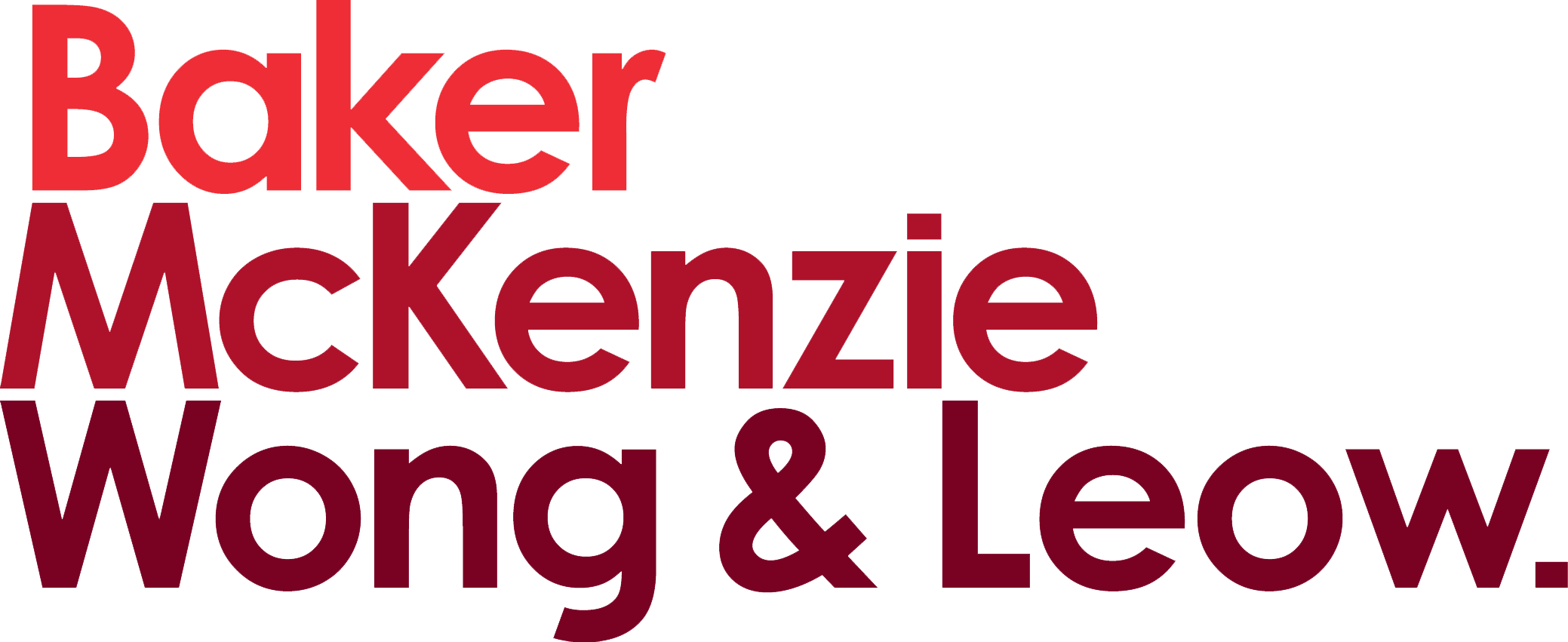In brief
Denka Advantech Pte Ltd. and another v. Seraya Energy Pte Ltd. and another and other appeals [2020] SGCA 119 (“Denka v. Seraya“) provides a timely reminder of the legality of the employer’s right to claw back monies from its employees. For example, an employer may wish to claw back monies spent on employees who were sent on sponsored training programs, further studies, self-development courses, etc. (“Trainings“). This alert is of particular importance for employers who wish to understand if they are able to contractually claw back monies provided to employees for such sponsored Trainings.
Contents
- Key takeaways
- Background
- The rule against penalties
- Findings of the court
- Applicability to the employment context
- Conclusion
Key takeaways
In all employment agreements, employers would be able to increase the likelihood of the clawback clause being held to be enforceable by clearly stating: (i) whether monies dispensed to the employee for Trainings may be clawed back; (ii) the conditions breached that would trigger the right to a clawback; and (iii) the amount that may be clawed back. Where the amount is a lump sum figure (as opposed to a listed series of payments), employers must ensure that the amount represents a genuine pre-estimate of the likely loss as assessed at the time of contracting. For example, this could include the costs of the Trainings, allowances given to the employee during the Trainings, interests and any other miscellaneous expenses.
Finally, employers may wish to note that if the amount does not represent a genuine pre-estimate of the employer’s loss or is punitive in nature, the employer will not be able to exercise the clawback provision as it would be considered a penalty and would therefore be unenforceable.
Background
The parties entered into three electricity retail arrangements (ERA). It was alleged that Denka Advantech Pte Ltd. or Denka Singapore Pte Ltd. (collectively, “Denka“) had breached the ERA. Seraya Energy Pte Ltd. (“Seraya“) pursued liquidated damages under the liquidated damages clause contained in each of the ERA. However, Denka argued that the liquidated damages clause were unenforceable penalty clauses.
The rule against penalties
The rule against penalties in Singapore is clear. The Singapore Court of Appeal in the case of Denka v. Seraya affirmed the four principles laid down by Lord Dunedin in the classic case of Dunlop Pneumatic Tyre Company, Ltd v. New Garage and Motor Company, Limited [1915] AC 79 (“Dunlop“) in determining if a liquidated damages clause is enforceable. The four principles are:
- whether the sum (i.e., the damages) is extravagant and unconscionable in comparison to the greatest loss that could conceivably be proved to have followed from the breach;
- whether the breach consists only of the nonpayment of money and the disputed clause provides for payment of a larger sum;
- whether the sum stipulated for is payable on a number of events of varying gravity (which may be rebutted); and
- the sum stipulated will not be penal simply because it is impossible to precisely determine a pre-estimation of the loss.
The primary focus on the contractual provision concerned is whether the amount represented a genuine pre-estimate of the likely loss. Where the amount to be paid in the event of a breach is more than the pre-estimate of the likely loss, it must necessarily mean that such a contractual provision is meant to be penal in nature (as opposed to compensatory). This would render the contractual provision unenforceable. It does not matter that it might have been in the interests of both parties to have included the provision (which is penal in nature) on a factual level.
This is the rule against penalties in Singapore.
Findings of the court
The Singapore Court of Appeal held that Denka had breached the ERA. Having regard to expert evidence, the Singapore Court of Appeal found that the sum stipulated in the liquidated damages clause were not extravagant and unconscionable in amount in comparison to the greatest loss that could conceivably be proved to have followed from the breach. Hence, in applying the Dunlop principles, the Singapore Court of Appeal found that the liquidated damages clause were not penalties and hence, were enforceable.
Applicability to the employment context
In order for companies to continue growing and innovating, it is not surprising to find companies sending employees for sponsored Trainings. However, such Trainings often come with conditions. For example, the employee is to be bonded to the company for a number of years. If the employee breaks such a bond, the company reserves the right to claw back monies spent on the employee’s sponsored Training, including any “administrative fees” incurred.
In determining whether such “administrative fees” may be recovered, the employer should clearly state how such a sum was derived. For example, a breakdown of the opportunity costs, the time and effort expended in training and developing the employee should be clearly listed.
At no point should the condition state that the right to claw back is meant to deter and/or punish the employee for breaching such a condition or for breaking the bond. Instead, it should state that it is meant to compensate the company for the loss of investment and that the amount stipulated represented the company’s best estimate for the loss suffered.
Conclusion
As COVID-19 continues to affect the way companies operate, many companies are forced to innovate in a variety of ways to ensure that they do not fall behind. This includes sending and exposing their employees to Trainings both locally and regionally. In order for companies to benefit from their investment in the employees, there is a need to ensure that the employees remain employed by them to tap on the employees’ growth and expertise. However, if the employee decides to leave the employer, it is important that the employer retains the right to recoup its investment in the employee’s sponsored Training. Hence, employers must ensure that the conditions for sponsoring the Trainings are properly drafted and reasonable in all aspects. In addition:
- the conditions must clearly state and show that the right to claw back is meant to be compensatory in nature;
- that the amount stipulated is reasonable and represents a genuine pre-estimate of the loss (of investment in the employee); and
- at no point should the condition be penal in nature, as it will affect the enforceability of the clause.

Baker McKenzie Wong & Leow is a member firm of Baker & McKenzie International, a global law firm with member law firms around the world. In accordance with the common terminology used in professional service organizations, reference to a “partner” means a person who is a partner or equivalent in such a law firm. Similarly, reference to an “office” means an office of any such law firm. This may qualify as “Attorney Advertising” requiring notice in some jurisdictions. Prior results do not guarantee a similar outcome.




